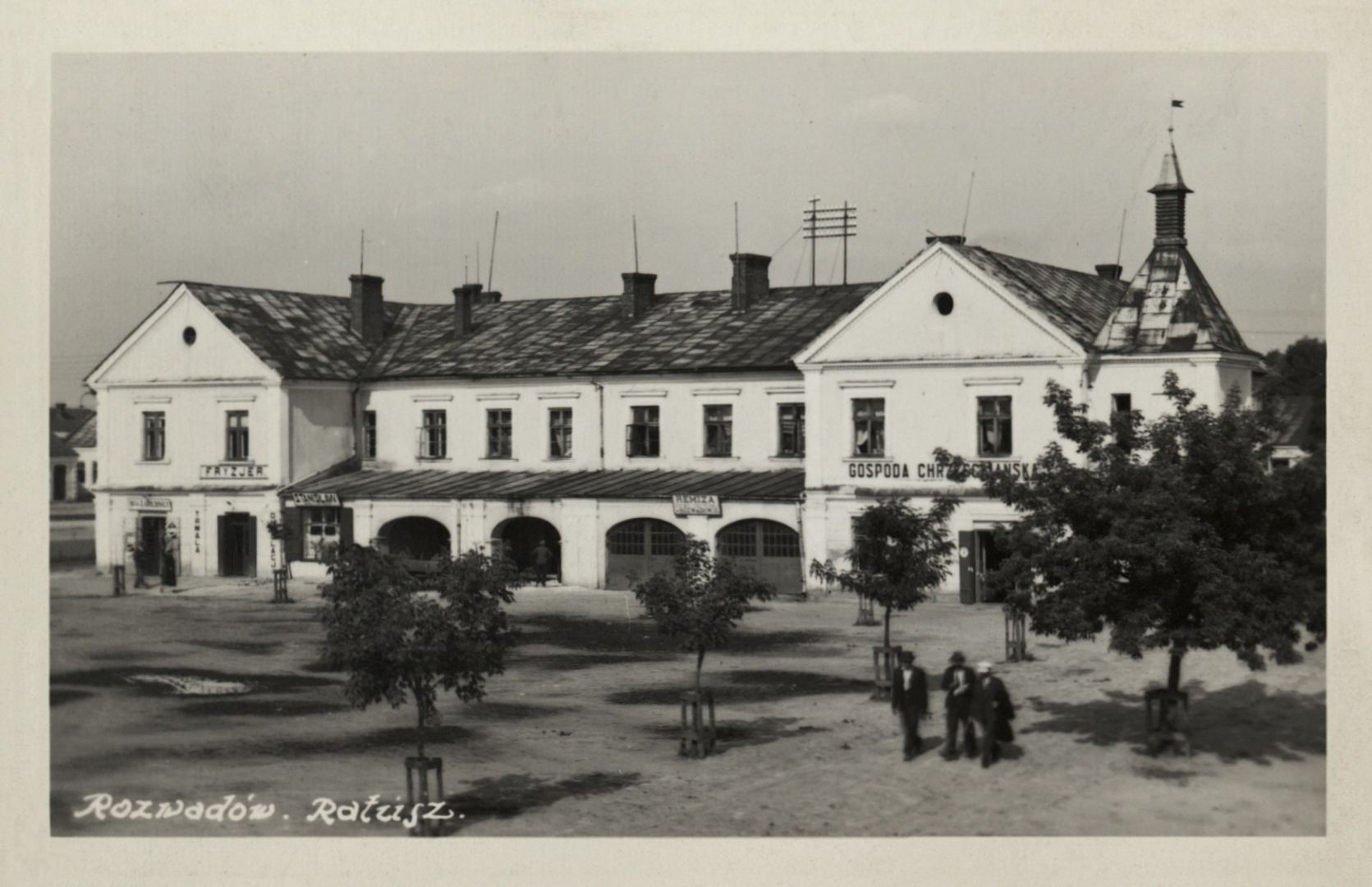Rozwadów
6.57

Overview
Rozwadów, a district in the northern part of Stalowa Wola, is a place with a rich history, having been an independent town from 1693 to 1973. It was founded in 1690 under a privilege granted by King John III Sobieski to Gabriel Rozwadowski. In the 17th and 18th centuries, the town developed thanks to investments by the Lubomirski family, and in 1744, Rozwadów obtained a market privilege, which fostered the growth of trade. In 1887, the town gained railway connections, transforming it into an important railway hub. Architecturally, Rozwadów is characterized by early 20th-century brick buildings, including a parish church, a courthouse, and a brick town hall that did not survive World War II. During the interwar period, a Jewish community flourished here, significantly contributing to the town's cultural and economic life, with synagogues, schools, and associations. After World War II, as a result of the Holocaust, the Jewish population in Rozwadów drastically declined. An interesting wartime event is the story of Dr. Eugeniusz Łazowski, who created a fake epidemic of typhus to protect Jews from deportation. Today, only a few traces of the Jewish community remain, including a synagogue that currently has no designated function. Rozwadów is also home to numerous historical monuments, such as the Lubomirski Castle, the Capuchin Monastery, and the railway station. Public transport is provided by the Municipal Bus Service. Rozwadów is a place that forms an important part of the cultural heritage of the region, while also bearing witness to Poland's turbulent history.
Location
2026 Wizytor | All Rights Reserved